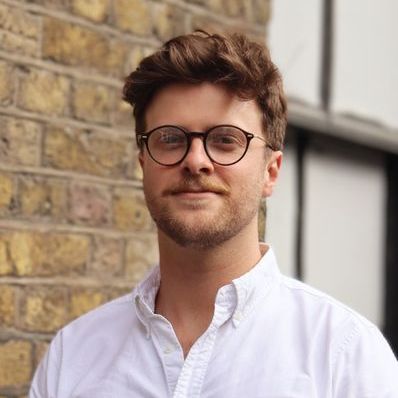Mobile network evolution: meeting customer needs now and for future
A guest blog by Jeanie York, Chief Technology Officer at Virgin Media O2 for techUK's Future Telecoms campaign
In our increasingly connected world, the demand for faster, more reliable, and energy-efficient mobile services continues to grow. Last year alone, data use on our mobile network grew by more than a quarter as customers rely on our connectivity more than ever to stream, play, work, call, learn, bank and scroll all hours of the day. To meet this ever-growing need for connectivity, we are continuously investing in new infrastructure and evolving services for our customers.
We invest £2m every single day into our mobile networks and have already brought 5G to over half of the UK. Earlier this year, we also launched next-generation 5G Standalone services in cities across the country and will expand this to more locations in the months and years ahead, offering more customers higher bandwidth and lower latency connections than ever before to power the applications of the future. This is all on top of having 4G available to 99% of the population already with continued work taking place to address rural blackspots through the Shared Rural Network Programme and boost capacity, which we did across hundreds of sites over the past year.
As our customers use these newer network technologies more intensively, we’re reviewing older networks and optimising where we can. This helps us deliver our ambitious environmental goals while ensuring optimal coverage and capacity for our customers.
Following our announcement last year that we’ll phase out 3G services in 2025, we’ve recently completed successful switch off trials. We remain on track to switch off the service next year – a move that will reduce our energy consumption and allow us to shift resources to more efficient 4G and 5G technologies. These newer networks are 10 times more energy efficient and the move will contribute to our wider plans to reach net-zero by 2040.
With this work progressing well, we’re now assessing the future of our older 2G network. Currently, less than 1% of our customers use 2G-only devices, and the network carries less than 0.1% of data traffic. All mobile operators have agreed with Government to phase out 2G networks over the next decade. With future-proof networks now in place and ongoing investments helping to further expand them, next year we’ll start work to move almost all remaining traffic away from the 2G network.
Unlike our 3G network, we won’t be turning 2G off completely. In fact, we expect to continue operating it for several years and it will play an important role in carrying emergency calls in more remote areas without 4G coverage. We’ll also use it to support data traffic for smart energy meters, contributing to the UK’s transition to a lower-carbon economy.
By redirecting most ‘human’ traffic to newer, faster and more energy-efficient networks while reserving the older slower network for some data-light ‘machine’ communications, our customers will get the best possible experience whether they are calling, messaging or using data on the go.
For most customers, these changes will happen seamlessly in the background, and they won’t notice any change. However, a small proportion of customers will need to look out for messages from us telling them what they need to do – either because they’re using a very old device which won’t work on 4G, need a new SIM or because they need to turn on 4G calling.
We’re committed to helping those who may need additional support such as those very small proportion of customers still using older devices. We will be directly contacting any our customers who need to take action, guiding them through the process and explaining the steps they need to take.
As a technology business we’re forever changing and upgrading; standing still would mean failing our customers and not being prepared for future needs. From London and Cardiff to rural parts of Scotland and Northern Ireland, we are committed to keeping our customers connected and delivering not only the services needed for today but ensuring we’re ready for the technologies of tomorrow too.
Thank you to Virgin Media O2 for this guest blog - Follow them on X and LinkedIn
Exploring the Potential of Future Telecoms
Visit our Future Telecoms Hub to learn more or to register for regular updates.
Future Telecoms is techUK’s exploration of what the connectivity of tomorrow will look like. We will highlight the criticality of communications to our future prosperity and economic growth, and how the future telecoms ecosystem acts as the engine of innovation. Visit our Future Telecoms Hub to learn more or to register for regular updates.
Upcoming Future Telecoms events
Latest news and insights
Communications Infrastructure and Services updates
Sign-up to get the latest updates and opportunities from our Communications Infrastructure and Services programme.
Contact the team
Learn more about our Future Telecoms campaign













